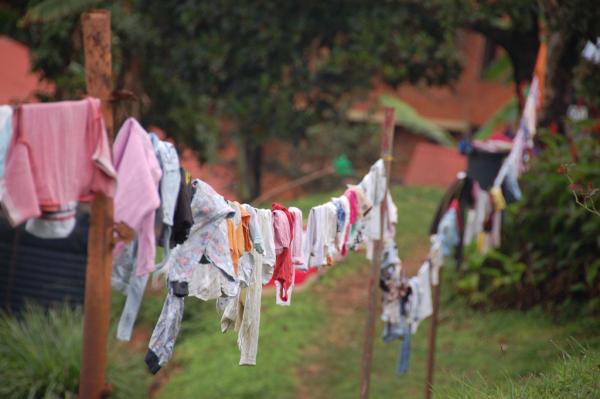I have always considered myself to be somewhat of a feminist. My blood boils when learning of the unjust acts many girls and women are put through everyday, on all corners of the earth. It’s just been a no-brainer to me; men and women are equal.
Generally, in Western society men and women are treated relatively equally. I most definitely see moments and circumstances that inequality shines through, but generally I am not exposed to it and the feminist in me lays dormant. That is until I flew across the world to a continent that has a different take on the matter.
Ghana is one of the most progressive countries in Africa. Intelligent, passionate and friendly individuals surround me everyday. However, when it comes to men and women equality is not the first word that pops into my head. I knew this was the case before I left for my volunteer trip but dealing with the gender dynamics in the flesh is much different. When facilitating workshops on sexual reproductive health (SRH) and entrepreneurship, you cannot avoid addressing the roles of men and the roles of women in Ghanaian culture.
When I am conducting a presentation on SRH in a room of young women who are dying to ask me questions they have not had the chance or been in a circumstance to ask yet, I am at my happiest. After a successful workshop, questions are answered and empowerment is at an all-time high. That’s when the headmaster of the all-girls senior high school tells me that I am not allowed to pass out condoms to the women in the room. Everything I had just gone over—preached even—and he did not see the need for the 21, 22, 25-year-old women to have access to a condom.
Respect is necessary in every situation when you are in another person’s home, school and country. I know this. I go through this in my head. I continue to pass out the condoms.
At another SRH workshop I facilitated, a male teacher poked his head in on the Q&A session and inquired about using the same condom twice—if it was two different girls, would that be ok? I chuckled for a second before I realized there were straight faces all around me. It was a serious question. This was a grown man asking a question that had an answer so obvious to me.
At that moment, I realized how important education was for both women as well as men. The feminist in me wanted to scream at him and tell him what a horrible influence he was on the women he was teaching but the sane side of me decided to answer his question just as serious as he asked it.
Being a woman has never felt so important to me before I got to Ghana. Knowing what I have access to, what I am free to say, to wear, to do; have only made me have the urge to create those same opportunities in the developing world. After this trip, I no longer question the feminist inside of me.
Add this article to your reading list




